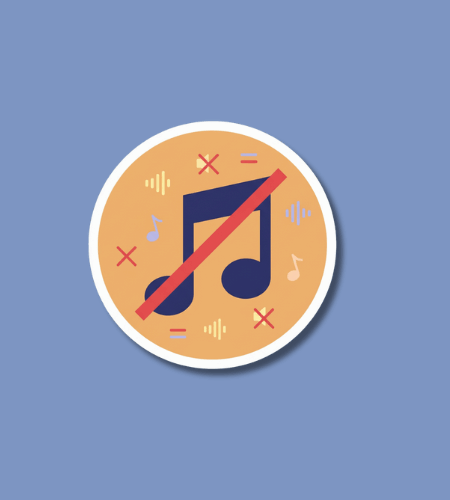Every year on November 21, the world observes No Music Day, a thought-provoking event initiated by artist Bill Drummond in 2005 to highlight how music has become ubiquitous and to encourage listeners to pause and reflect on their relationship with it.
Table of Contents
History of No Music Day
No Music Day was created when Bill Drummond decided that he “needed a day … to listen to no music whatsoever” and to think about what he actually wanted from music rather than simply consuming it.
The date, November 21, was chosen because it is the day before the feast of Saint Cecilia, the patron saint of music—on the model of an “anti-fest” before a celebration.
Why is No Music Day important?
No Music Day invites us to recognise that while music is widely enjoyed, its constant presence might reduce our awareness of how and why we listen. By stepping back for a day, individuals can reflect on the value of silence, and question how music functions in society—as comfort, background, distraction or art.
Furthermore, the observance brings attention to the ways in which music industries, consumer habits and streaming culture have transformed our relationship with music—sometimes making it more of a ubiquitous environment than a meaningful experience.
- It provides an opportunity to experiment with absence rather than presence of music.
- It encourages awareness of how the omnipresence of music affects mood, attention and culture.
- It prompts reflection on what kind of music one really wants or doesn’t want.
- It highlights the value of silence and the possibility that less noise can enhance awareness.
- It questions how music is consumed and invites a more intentional listening habit.
How to Observe No Music Day
To observe No Music Day, one might choose to avoid playing music through streaming services, radio, background music in shops or in everyday settings. Use the time instead for silence, spoken word, reflection or other non-musical auditory experiences. The goal isn’t to make the world completely silent—just to open a space of awareness about our listening habits and assumed background noise.
Groups or communities may host “silent” events, radio stations may schedule talk or ambient programming, and individuals may simply take a music-free day. The emotional core is about presence, noticing, choice and reflection—not judgement or prohibition.
- Spend the day with no music playing in your space (including background or streaming).
- Replace typical music time with a podcast, spoken word or just quiet.
- Reflect on when and how you listen to music and why.
- Notice how silence or ambient sounds feel different when you usually have music.
- Invite friends or family to join you in a short music-free interval and compare experiences.
No Music Day Dates Table
| Year | Date | Day |
|---|---|---|
| 2026 | November 21 | Saturday |
| 2027 | November 21 | Sunday |
| 2028 | November 21 | Tuesday |
| 2029 | November 21 | Wednesday |
| 2030 | November 21 | Thursday |
Subscribe to our newsletter and never miss a holiday again!

